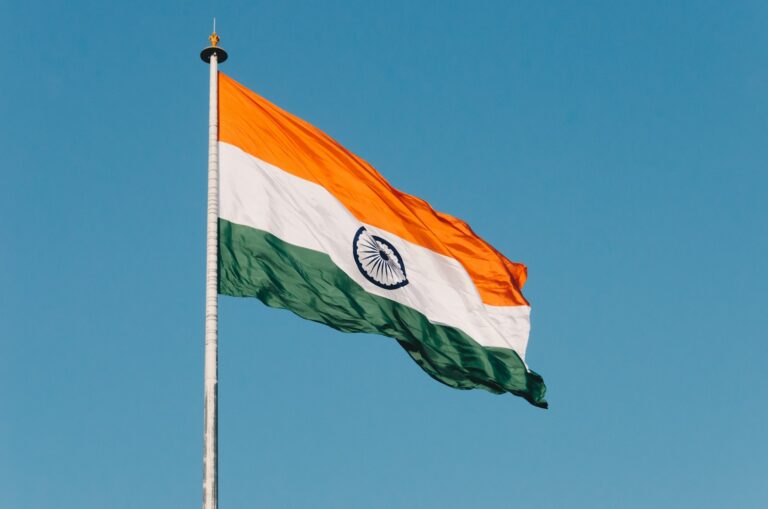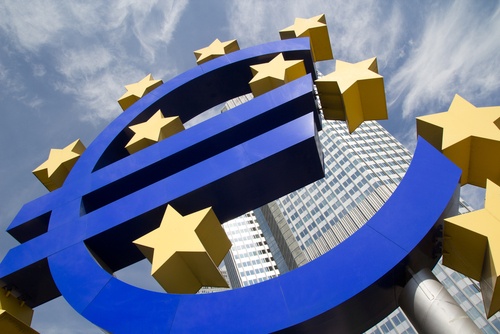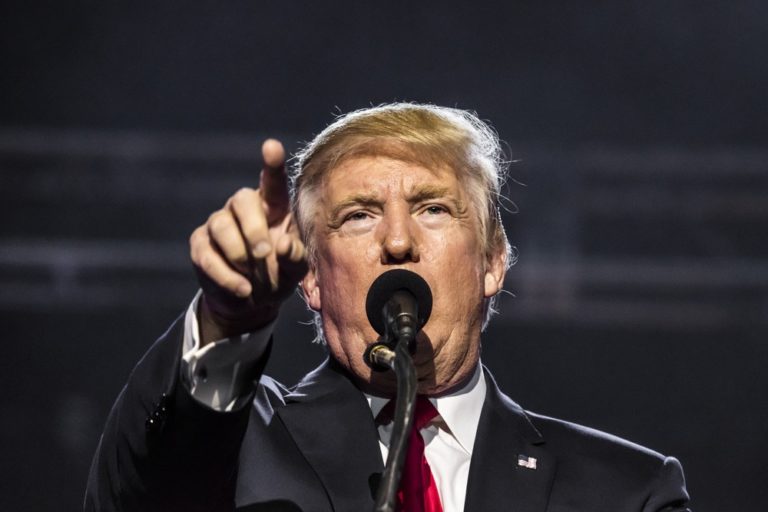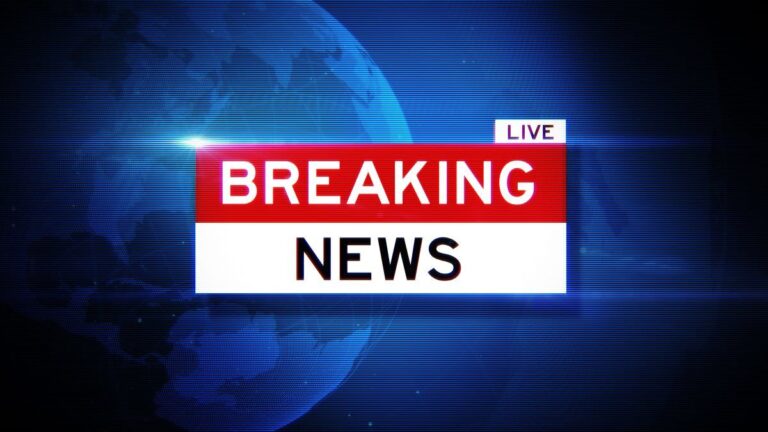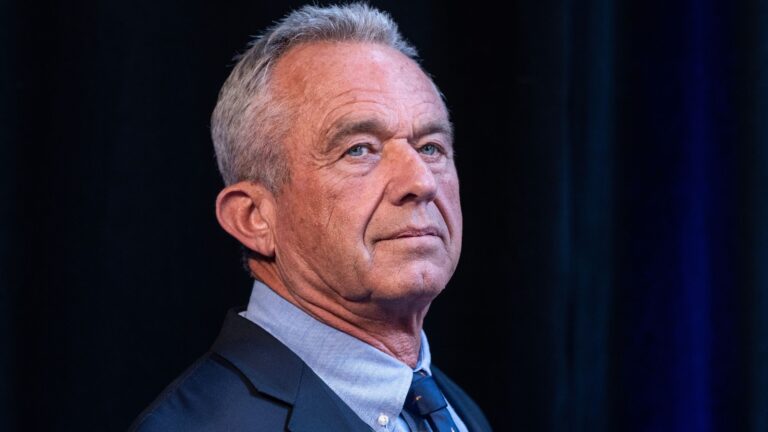Key Takeaways:
– Joel Le Scouarnec, a 74-year-old former surgeon, faces trial for raping or sexually assaulting 299 patients, most of them children.
– He is already in jail for abusing four children, including two nieces.
– Many victims were assaulted while waking up from anesthesia or during post-op checkups.
– The trial will last four months and is seen as another shock for France after a similar case two months ago.
– Le Scouarnec continued practicing medicine despite a 2005 conviction for owning child abuse images.
– A separate investigation is looking into why he was allowed to keep working despite red flags.
A Decades-Long Trail of Abuse
On Monday, a shocking trial begins in the French city of Vannes. Joel Le Scouarnec, a former surgeon, is accused of raping or sexually assaulting 299 former patients. Most of these victims were children, with the youngest being just one year old. The case has sent shockwaves across France, raising questions about how such crimes could go unnoticed for so long.
Le Scouarnec, now 74, is already behind bars. In 2020, he was found guilty of abusing four children, including two of his nieces. But this new trial reveals a much larger pattern of abuse. The allegations span 25 years, from 1989 to 2014, and involve patients at a dozen hospitals. Many of the assaults allegedly happened while patients were waking up from anesthesia or during post-operative care.
A Case That Shakes the Nation
This trial comes just two months after another shocking case in France. Dominique Pelicot was convicted of hiring strangers to rape his sedated wife, Gisele. Gisele has since become a symbol of strength for refusing to hide her story. Now, the Le Scouarnec case is set to shock the nation once again.
What makes this case even more disturbing is that Le Scouarnec is the only person accused of these crimes. He acted alone, targeting vulnerable patients who trusted him as their doctor. The trial will be public, but for seven days, the court will close its doors to protect the privacy of minor victims who will testify.
The System Failed to Stop Him
What’s even more troubling is that Le Scouarnec was allowed to continue working as a surgeon despite red flags. In 2004, the FBI alerted French authorities that he was accessing child abuse images online. A year later, a court in Vannes gave him a suspended four-month sentence for this crime. Yet, he was never stopped from practicing medicine.
After his conviction, Le Scouarnec moved to another hospital in Brittany, where he was even promoted. His employers were aware of his past but did nothing. He continued working until his retirement in 2017. It wasn’t until after he retired that his crimes came to light.
In 2017, a six-year-old girl accused him of rape. When police investigated, they found detailed accounts of abuse in his diaries. This discovery led to a much larger investigation, uncovering the scale of his crimes.
Victims Speak Out
Advocates for child rights and victims’ families say this case shows a massive failure in the system. Frederic Benoist, a lawyer for the group La Voix de l’Enfant (The Child’s Voice), said that Le Scouarnec being allowed to keep his job was a “collective failure.”
Regional prosecutors have opened a separate investigation into how Le Scouarnec was able to continue working despite his criminal history. For now, this investigation is not targeting any specific individuals or institutions, but it highlights the need for accountability.
Justice Will Be Served?
If convicted, Le Scouarnec faces up to 20 years in prison. However, under French law, sentences for multiple crimes cannot be added together, even when there are hundreds of victims. This means that no matter how many people he harmed, he cannot receive more than 20 years for his crimes.
The trial is expected to last four months, with many details likely to come to light. For the victims and their families, this trial is a chance for justice, but it also raises questions about how to prevent such abuses in the future.
A Call for Change
The Le Scouarnec case is a harrowing reminder of the need for better protections for vulnerable patients, especially children. It also shows the importance of listening to victims and taking action when warnings signs appear.
As the trial begins, all eyes are on Vannes. The hope is that this case will lead to real change, ensuring that no one else has to suffer at the hands of someone they trusted.This story is a tragic reminder of the cracks in systems meant to protect us. It also highlights the strength of victims who come forward, even decades later, to demand justice.
The trial of Joel Le Scouarnec will be a long and difficult process, but it is a step toward accountability and healing. For France, this case is a wake-up call to do better.


